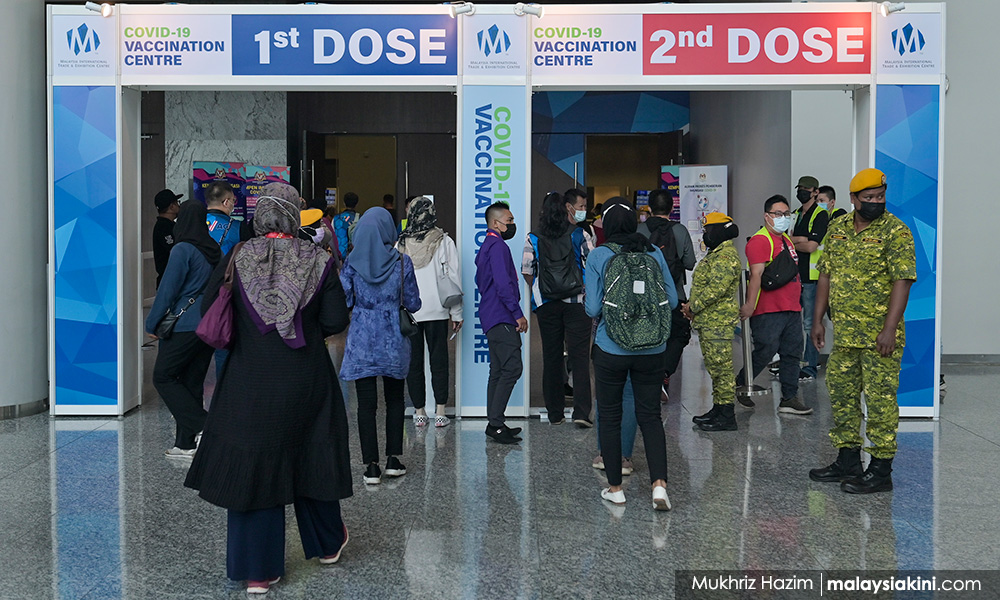Many rich and developed countries today are learning to live with the Covid-19 pandemic. Exit strategies have been designed for the UK, US, Germany, and Singapore. The desire to return to a familiar, normal life is overwhelming. Human beings are creatures of habit and routine, so this is understandable. But what does “learn to live with it” really mean?
Our brains control complex processes such as breathing, digestion and emotion. Humans who are more social than others like to chat and communicate on a wide variety of topics. Interaction is a very human trait, but it also exists in the animal kingdom. Research is unfolding about interaction within the plant world as well.
Then there’s the cerebral power of habit. Humans tend to have many habits. For example, your morning coffee brewing routine in your familiar kitchen. If you happen to be in a friend’s house that morning, your coffee routine becomes complicated and possibly, riddled with anxiety. It’s not your kitchen, you cannot find a cup, let alone your favourite mug. Coffee brewing is suddenly out of the ordinary, not your habitual activity and a source of stress and mental disruption.
Eighteen months ago, after Covid-19 first emerged, routines worldwide were disrupted. Daily rhythms were truncated. Worse still, they were imposed by governments and health officials, and economies everywhere took a severe beating. Scientists today are warning us that exit strategies are dangerous as there are variants emerging that are more transmissible. They warn us about mounting infections and deaths. Hence, the more we vaccinate, the more we can “live with it”.
For Malaysia, we can learn to live with it, but our habits will prevent the country from moving forward. Also, the way we think about “living with it” needs clarification. Let us look at two things - leadership habits and the habitual reaction of the public.
In a recent letter to the media, Dr Ismail Merican pointed out that coordination and collaboration among various stakeholders is key to containing the pandemic. This means, politicians need to listen to informed suggestions from civil society and medical experts outside the Health Ministry. Ismail also mentioned the need for a more robust testing strategy. He lamented that our government has failed to produce a competent risk assessment spokesperson to communicate effectively with the public.

Ultimately, learning to live with the virus means transforming the official narrative. Leaders must use different vocabulary, away from “infection” to “prevention”. While many of us may continue to become infected, we must do everything to avoid severe illness. This, of course, is contingent on the vaccination rollout.
A government spokesperson must assure the public that even though a vaccinated individual may still become infected, it is unlikely he or she will develop life-threatening symptoms. Communicate this regularly and in simple language. Use the media and support these statements with hard evidence. Shooting in the dark is counterproductive.
We have yet to see this new narrative from our leaders, except from our director-general of health, who mentions it occasionally. We learnt to live with the flu, did we not? During the 1918-1920 influenza pandemic, only one treatment was effective: transfusing blood from recovered patients to new victims. Imagine the burden on healthcare systems then.
In the 1930s and 1940s, scientists worked tirelessly to develop effective vaccines, to keep up with virus mutations. Over time, the global population had to develop new habits, and live with the flu.
The narratives transformed, such as “get your annual flu shot”. Flashing daily or weekly statistics of infections, deaths or mutated strains phased out. Today, many of us get the sniffles, we take time off work to “recover from the flu”. We cover our mouth when we cough, and we surreptitiously avoid someone in the room who sniffs and coughs incessantly. This has become our habit, in dealing with influenza.
Living with Covid-19 requires a change in our habits and attitudes. This includes leadership attitudes and how authorities communicate with the public. We have the benefit of history, to guide us through new habit-forming strategies of communication and interaction.
Leaders must develop the habit of respectful communication. Drop the superiority complex and domineering ego. The people will respect authority when it is informed and intelligent. The people are also able to see through leaders who bluff their way through a crisis, for political expediency. Gone are the days when we did not have access to a wide range of opinions. Today, more Malaysians read news from around the world. We are not ignorant.
Our leaders have no choice. They decided to take up the job of governing. Whether they like it or not, they need to spend hours every day, reading, thinking, and listening to others who know more. We will get a lot more infections as the virus keeps mutating. The narrative must be about expecting infections, not mounting deaths, and certainly not “ending” the pandemic.
Our politicians must be quick to respond, but what we have been experiencing so far are many who “shoot from the hip”. For example, excuses for the “air jabs” fiasco requires more serious investigation and a range of plausible reasons, corruption being a huge factor. Fatigue among vaccination staff is simply not good enough. It reinforces the widespread lack of transparency in our current governance structure. In this area, Malaysians refuse to “live with it”. - Mkini
SHARIFAH MUNIRAH ALATAS is an academician with zero tolerance for corrupt, arrogant and frivolous leadership.
The views expressed here are those of the author/contributor and do not necessarily represent the views of MMKtT.



No comments:
Post a Comment
Note: Only a member of this blog may post a comment.